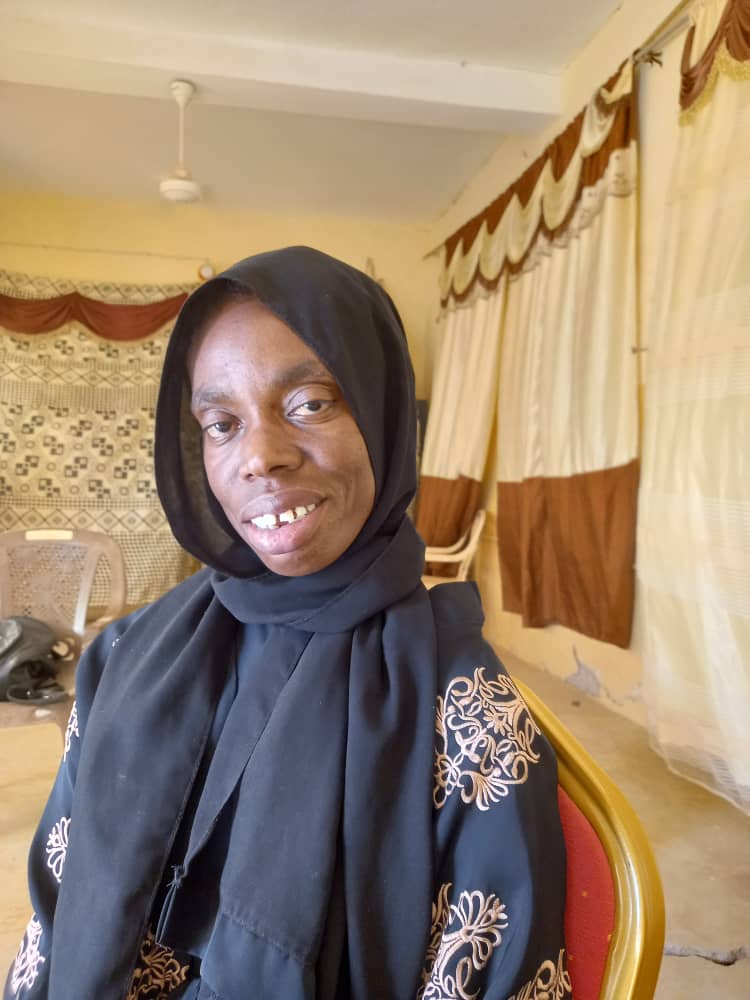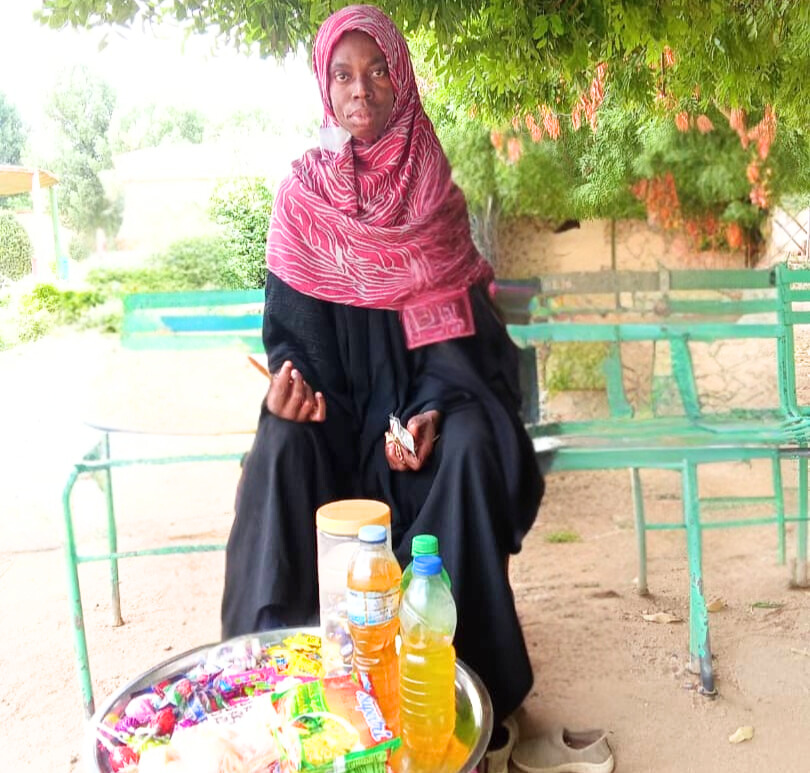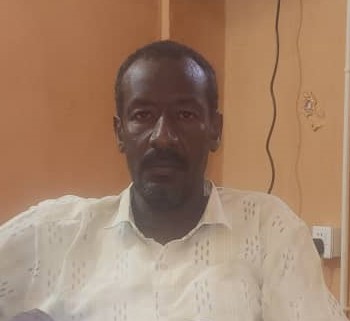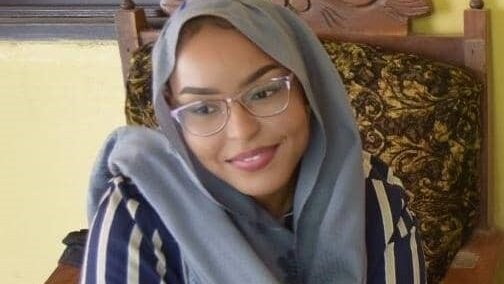Supporting Disabled People Affected by the Crisis in Sudan.
The conflict in Sudan is affecting our ADD Sudan team, the organisations we work with, and the disabled people they represent. Many people are displaced and in need of basics like food, shelter and medication. Disabled people are facing additional challenges and may require health and mobility support, which is now even harder to access.
ADD has continued working with organisations of people with disabilities in Sudan, who have formed committees to respond. Funds have been raised and distributed in two rounds so far. The committees decided and had a better approach to distribute funds to fit their highly conflict-affected context.
In this emergency situation, the various groups decided to work together and share out all the money between their members. They didn’t want to waste time working on ideas that might not get funded through a competitive process.
Each group asked their contacts what they needed most, and found the aid being provided by larger agencies covered food and shelter but not vital things disabled people need like assistive devices and cash for hospital bills.
The network of organisations set about getting the money to disabled people in Sudan, through different channels like cash delivery and mobile money. They were innovative in how they reached people who had been displaced. They made sure everyone was included.
No one understands the challenges faced by disabled people better than they themselves.
Due to the diversity of needs, most committees chose to distribute the funds in cash. They let persons with disabilities allocate their own funds, from paying for hospital bills to using their existing skills to generate income.
Disabled people in Sudan told us that they were able to get emergency medical care, food, transport to safer areas, and some have managed to start up small businesses.
Khadija, is one of the people that received support. She is from one of the IDP centres in Kassala. The war left her alone as she came from South Darfur to join Africa University in Khartoum and has no relatives in Khartoum.
She says:

“I used part of the funds to sell peanuts and sweets to children inside the Displaced Peoples Centre in Kassala. This has helped me earn some money and I’m very glad that my business is flourishing.
I managed to buy new clothes and a new phone. I have managed to adapt to the situation although I miss my family.”
When disabled people themselves decide how money is spent, it has more of an impact.
The Participatory Grant Making Approach is Working.
ADD International partner organisations confirmed that ‘services provided to people with disabilities at the centres for internally displaced people (IDPs), are not inclusive and not considering disability.’ Besides, humanitarian reports don’t mention the number of people with disabilities supported or affected.
The situation urged the Organisations of People with Disabilities and ADD International to explore innovative ways to reach and support the most vulnerable displaced people with disabilities, both in displacement centres and in families.
The participatory grant making took place in two phases and this was piloted in four states hosting large numbers of displaced people with disabilities: Gezira State, River Nile, Gedarif and Kassala.
In our early participatory grant making design, ADD International was using only an ‘open competitive’ or ‘panel’ model, meaning people with disabilities would decide who should get funding, but only the selected groups would receive it. However, the local Organisations of Persons with Disabilities (OPDs) in Sudan had other and better ideas about how to run participatory grant making to suit their situation which has given us a third approach to integrate into our ways of working.
Instead of a competitive call for proposals, the organisations of persons with disabilities in each state decided to work together as a single committee, identify immediate needs of people with disabilities, and distribute the money as cash since different people have different needs.
The ADD International team in Sudan is in agreement when we reflect on the learning from the Sudan Emergency fund, “we believe in the new participatory grant making approach”. They see how the different organisations are mobilising their members and making use of these funds. It brings individual persons with disabilities and the organisations of persons with disabilities (OPDs) together. They have conversations, do surveys to decide how and to whom they distribute the money. It enhances their relationships. It has also enabled disabled people to start their own initiatives to improve their livelihoods.

The Situation Now.
The situation in Sudan is still very difficult. The ADD team told us conflict is still making the areas they relocated to unsafe, as well as food shortages, and electricity and water cuts. We want to share more money with the network of organisations of persons with disabilities, who we know will get the help to those who need it. Higazi, ADD International, Sudan Team, tells us:

“We are working with a network of organisations of persons with disabilities (OPDs) across the regions and we trust them. They are using the grant very well. OPDs have joined up to form networks to work together and give out cash to disabled people in their networks.”
In Solidarity with the Disability Justice Movement.
ADD has been working in Sudan for 33 years, as a trusted partner and ally of Sudan’s disability justice organisations. We work with a large network of groups supporting people with various types of disabilities, especially specific disability led groups and organisations run by women.

As a person with a disability, I am affected by the war many times more than others. Even if I am safe, I am in a place that is not prepared for my special needs.
Elkhansa, young leader in Sudan.
These networks are vital in providing support through organisations of persons with disabilities. We are now preparing for the third round of grants to provide further support. The situation continues to be very serious in Sudan, and help is needed.
ADD are continuing to provide urgent assistance to disabled people in Sudan through participatory grants. A donation from you could support this.
FIND OUT MORE

DISABLED AND DISPLACED
Elkhansa shares challenges people with disabilities are facing in Sudan amidst the crisis.

ELKHANSA’S STORY
Elkhansa is a young leader in Sudan. She is a disability rights activist advocating for equal rights for disabled women and girls in her country.

